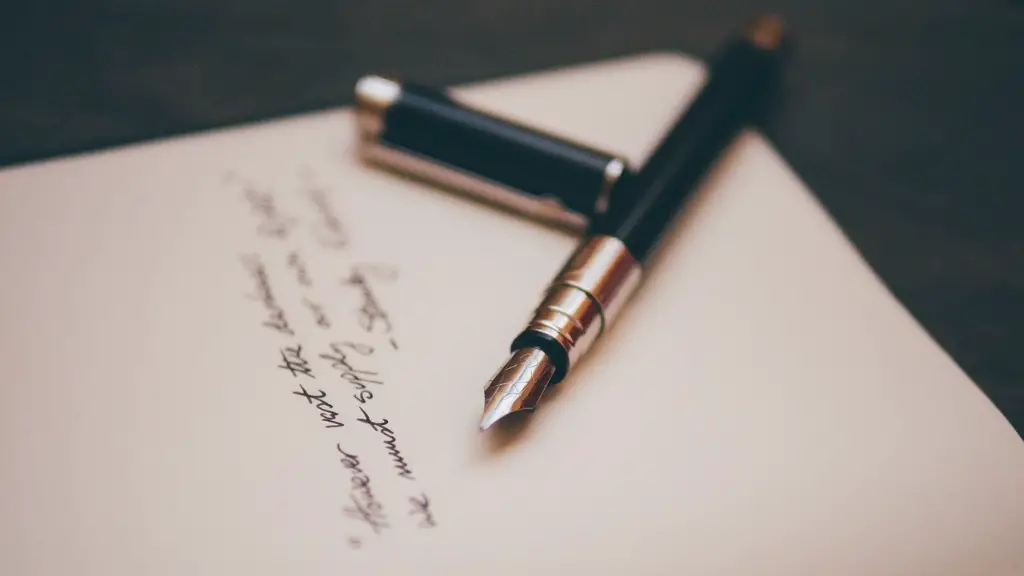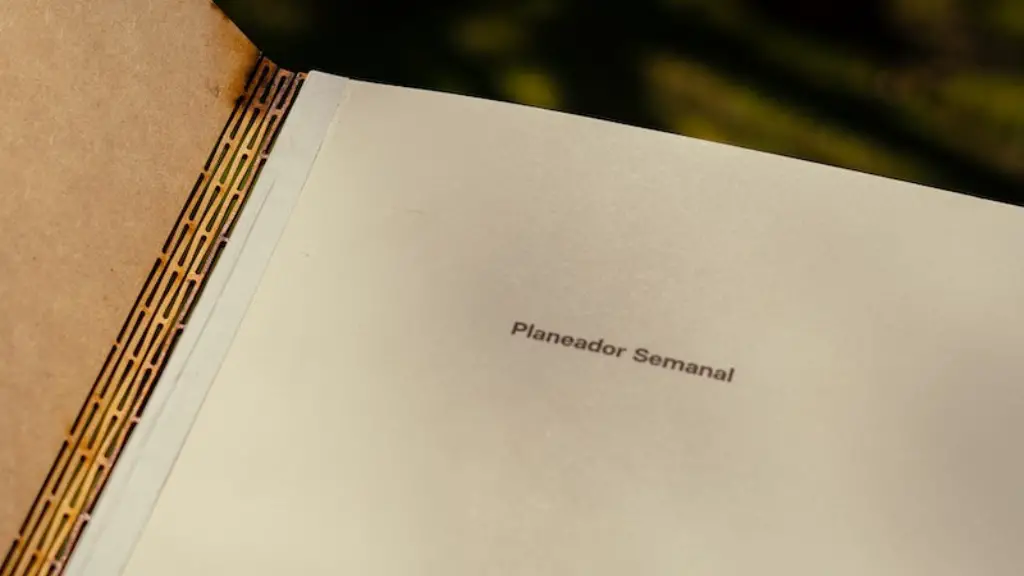Historical Context of Traditional African Poetry
African poetry is an ancient form of literature that is rooted in traditional practices, and has in many ways been an integral part of African culture since – and long before – colonisation. Before the impact of the spread of written literature and the advances of western culture, African customs and practices were transmitted through stories and songs, poetry and chants, which were then passed down from generation to generation.
These stories, songs, and poems providededucation, wisdom, and instructions to African communities, serv-ing as a way to impart with the knowledge of older generations. As a result of this, African poetry was and is considered to be deeply entrenched in African culture, and an important part of the culture’s shared consciousness.
Form and Content of African Poetry
African poetry has historically involved a broad range of forms, including oral poetry, praise singing, and storytelling. These elements can be seen in many African poetry styles, from the epics and elegies of the Griots in West Africa to the song poetry and chants of East African peoples. Common features of African poetry are their referentiality, and the use of subtle, overlapping meanings and metaphors. More broadly, African poetry can be defined as emotive and lyrical, with its patterns often based on repetition or parallel meaning.
The content of African poetry is indivi-dual and unique to the poet, reflecting the culture, values and experiences of the poet. Many African poets have used their works as a tool of political commentary, and as such, African poetry has an important role in preserving African heritage and culture, while often serving as a tool of criticism and resistance.
Influence and Impact of African Poetry
Africa has had a strong influence on other cultures, particularly in the United States, where African poetry has often involved itself with rap and spoken word. African poets such as Chinua Achebe, Wole Soyinka, and Maya Angelou have had an immense influence on literary movements, both in Africa and globally.
African poetry has been integral in creating an African cultural heritage, while preserving and representing African her-itage in a changing world. African poets have developed a unique, lyrical and emotive form of expression, one that ensures African literature and culture remain relevant, prominent, and celebrated in our world today.
Preservation of African Poetry
African poetry has been an integral and influential part of African cultural heritage for centuries, but in recent times, its traditional forms have begun to diminish. As a result, it is essential that African poetry be preserved, documented and shared to ensure it continues to flourish.
In recent times there has been an increased focus on the importance of preserving and promoting African poetry, and a number of initiatives have been established; such as literary sites, rap and spoken word competitions, and international literary awards, which all contribute to the preservation of African cultural heritage.
Emergence of Innovation in African Poetry
In recent years there has been an increased recognition of the importance of African poetry within the wider literary world, alongside a rise in the emergence of new and innovative forms. This has seen African poets move away from the traditional oral style to produce more contemporary, reflective works.
The emergence of modern African poetry has been particularly seen in Africa’s youth, who have embraced styles such as rap and spoken word to create new, original works of art. Through this new way of writing, African poets have provided a platform to give voice to the struggles of African societies and cultures, while also celebrating their successes.
The Popularity of African Poetry
Due to its emotive and lyrical qualities, African poetry is generally well-received and popular, both in Africa and across the world. African rap and spoken word artists have emerged as stars in their own right, with their work receiving international acclaim and recognition. This not only serves to further the profile of African culture, but also encourages a wider audience to recognise and appreciate the beauty of African poetry.
The Message of African Poetry
At its core, African poetry is an expression of African heritage and culture in its purest form. Whether through traditional oral forms or more contemporary rap and spoken word, African poets use their work to celebrate their culture, while also providing social and political commentary on the African experience.
African poetry speaks to the unique experiences of African people, while providing an outlet for social reflection. It is both beautiful and emotive, and serves to further demonstrate the importance and strength of African heritage and culture.
The Role of African Poetry in Society
African poetry has been an integral part of African societies for centuries, providing a platform to share the stories and struggles of the African experience. African poets have historically used their work as a tool for political commentary, and as such their works can be seen as a form of cultural resistance.
In a modern world of instant gratification and fast-paced lifestyles, African poetry offers an opportunity to slow down, to explore and appreciate the beauty, wisdom, and pain that is so intrinsic to the African experience. Poetry has the power to unite, and African poetry is no different – it celebrates the diverse cultures, values and experiences of the African people, while also providing an opportunity to reflect on their unique social and political struggles.
Conclusion
African poetry is a form of literature that is deeply entrenched in African culture and tradition. A unique form of expression, African poetry speaks to the unique experiences of African people, while providing a platform to celebrate the beauty and resilience of African heritage.
Over time, African poetry has developed, with contemporary forms of rap and spoken-word highlighting social and political commentary in a new way. The emergence of African poets have been integral to the promotion and development of African poetry, and their work is an important contribution to the preservation of African culture.




